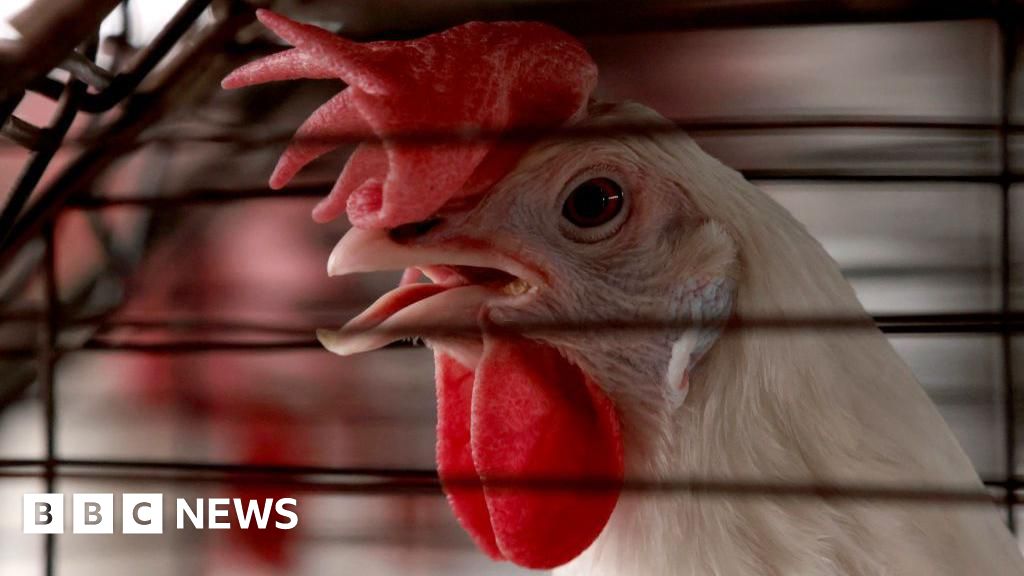Rising Concerns Over Bird Flu Transmission in Missouri: A Closer Look
In a troubling development for public health, four additional healthcare workers in Missouri have reported mild respiratory symptoms after coming into contact with a patient diagnosed with bird flu. This brings the total number of symptomatic healthcare workers to six, raising significant concerns about the potential for human-to-human transmission of a virus that primarily affects avian species.
The Patient and Initial Response
The patient in question is notable for being the first confirmed case of bird flu in the United States without any known animal exposure. This unusual circumstance has prompted health officials to investigate the possibility of transmission beyond the typical animal-to-human route. While the patient has since recovered, the implications of this case are far-reaching, particularly in understanding how the virus may spread in human populations.
Symptoms and Testing
Among the six healthcare workers who developed symptoms, only one was tested for the bird flu virus. This individual, who had high-risk contact with the patient, underwent a PCR test and received negative results. The Centers for Disease Control and Prevention (CDC) indicated that the timing of symptom onset rendered PCR testing unreliable for the other workers, who either had high-risk or low-risk contact with the patient.
Interestingly, another worker with high-risk exposure and three others with low-risk contact did not undergo testing during their symptomatic period. The CDC explained that the reliability of PCR testing at the time of symptom discovery was questionable, echoing concerns raised during the COVID-19 pandemic about the timing and accuracy of such tests.
Household Contact and Antibody Testing
In addition to the healthcare workers, a member of the patient’s household also exhibited symptoms but was not tested. All symptomatic individuals, including the household contact, provided blood samples for antibody testing, although results from these tests have yet to be disclosed. Antibody testing could provide crucial insights into whether the virus has indeed transmitted between humans, a scenario that would necessitate a reevaluation of current public health protocols.
The Broader Context of Bird Flu
Bird flu, or avian influenza, is relatively rare in humans, with only 14 confirmed cases reported in the U.S. so far this year. Most of these cases have involved farm workers with direct links to outbreaks on poultry or dairy farms. The current situation in Missouri, however, is unique and has drawn scrutiny from public health experts.
Michael Osterholm, director of the University of Minnesota’s Center for Infectious Disease Research and Policy, expressed concern over the slow response in identifying other potential cases linked to the original patient. He emphasized that “public health credibility is really on the line here,” highlighting the need for swift and transparent action in managing such outbreaks.
Rising Cases Among Livestock
While the risk to the general public remains low, as stated by the CDC, the rise in bird flu cases among livestock, particularly cattle, is alarming. Since a March outbreak, cattle in 14 states have been affected, indicating a troubling trend that could have implications for both animal health and public safety.
Conclusion
As health officials continue to monitor the situation in Missouri, the case of the bird flu patient raises critical questions about the virus’s transmission dynamics. The healthcare workers’ symptoms and the ongoing investigations into potential human-to-human transmission underscore the need for vigilance in public health responses. With the backdrop of rising bird flu cases among livestock, the situation calls for a coordinated effort to ensure the safety of both human and animal populations. As we await further developments, the importance of transparent communication and rapid response cannot be overstated in maintaining public trust and health safety.
